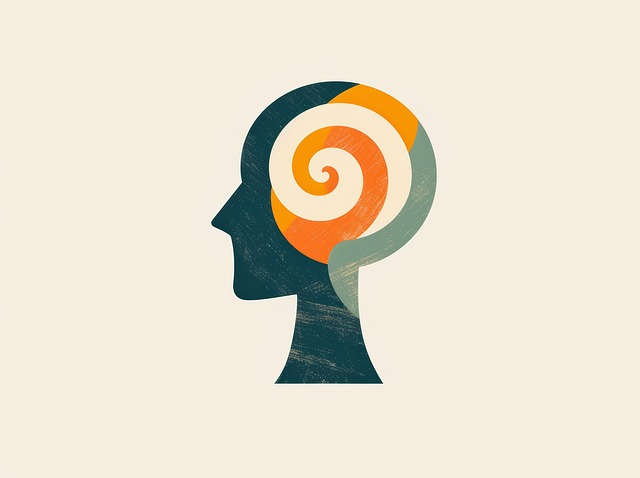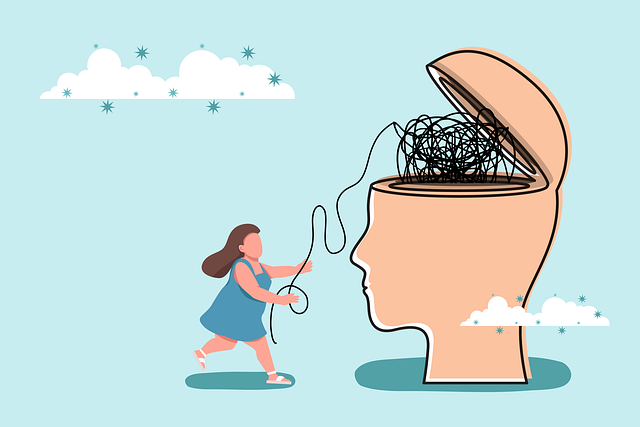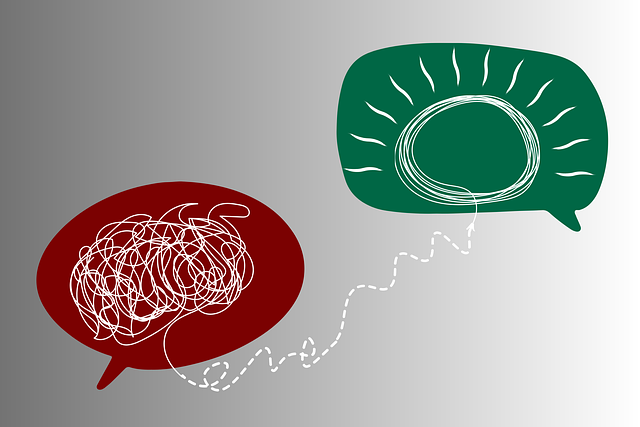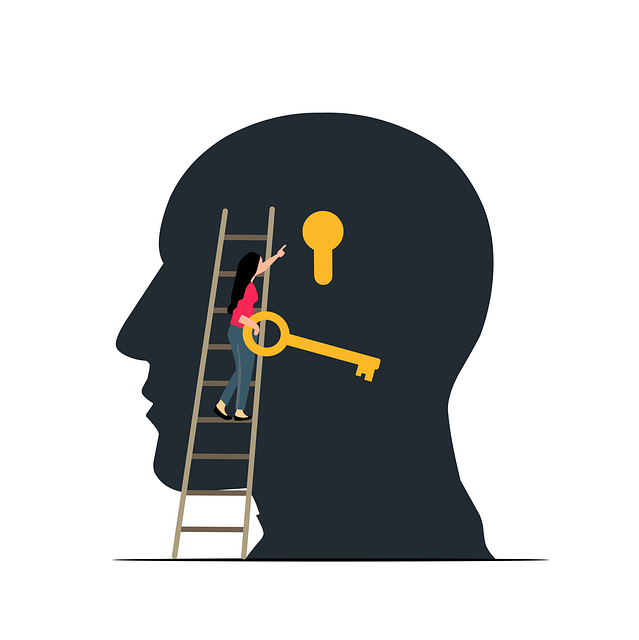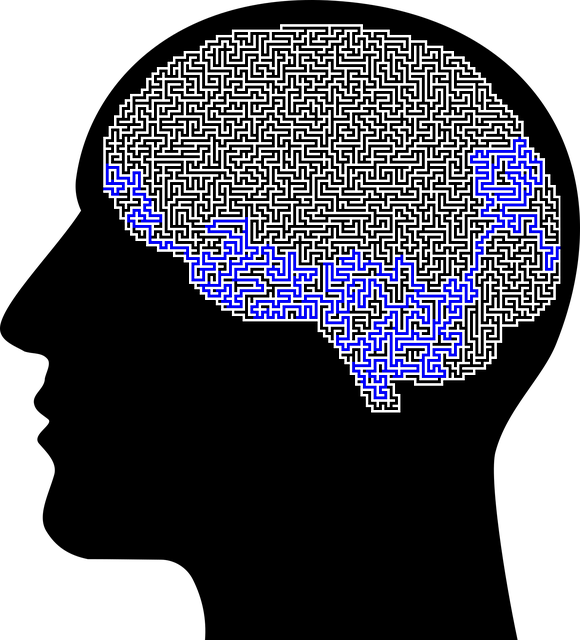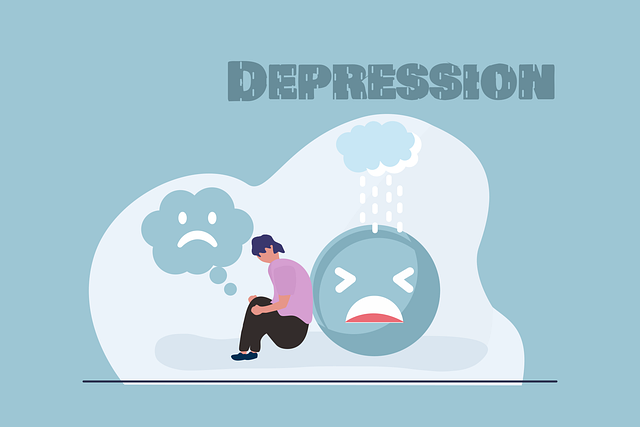Emotion regulation is a critical skill for young children with learning disabilities, impacting their well-being, social interactions, and academic performance. Early intervention through targeted therapy, like cognitive-behavioral therapy or mindfulness practices, is vital to prevent burnout among healthcare providers and foster public awareness. Tailored strategies, such as mindful breathing exercises and sensory tools, along with culturally sensitive methods, ensure accessible and effective therapy sessions. Implementing these techniques empowers children with emotional intelligence, enhancing their resilience, confidence, and overall well-being.
Emotion regulation techniques are invaluable tools for teaching young children with learning disabilities. This comprehensive guide explores the intricate process of understanding emotional control in this unique population, backed by scientific research. We delve into effective teaching strategies that empower educators and therapists to facilitate skill development. Furthermore, we examine the profound impact and benefits of integrating these techniques into therapy, highlighting their potential to enhance the lives of young learners with learning disabilities.
- Understanding Emotion Regulation in Young Children with Learning Disabilities
- Effective Teaching Strategies for Emotion Regulation Skills
- The Impact and Benefits of Implementing These Techniques in Therapy
Understanding Emotion Regulation in Young Children with Learning Disabilities

Emotion regulation is a vital skill for young children with learning disabilities to develop, as it can significantly impact their overall well-being and social interactions. These children often struggle with understanding and managing their emotions, which can lead to challenges in various aspects of life, including academic performance and social relationships. Therefore, early intervention through targeted therapy becomes crucial.
The process involves teaching them strategies to recognize and label emotions, as well as providing tools to cope with intense feelings. Healthcare providers play a pivotal role here by employing techniques such as cognitive-behavioral therapy or mindfulness practices tailored to the child’s needs. By integrating these approaches into their care plans, not only can healthcare professionals help young children with learning disabilities manage their emotions more effectively but also contribute to preventing burnout among themselves through compassionate and culturally competent care (as emphasized in Healthcare Provider Cultural Competency Training), while simultaneously fostering public awareness campaigns about the importance of emotion regulation (a key aspect of Burnout Prevention Strategies for Healthcare Providers).
Effective Teaching Strategies for Emotion Regulation Skills

Teaching emotion regulation skills to young children with learning disabilities requires tailored strategies that cater to their unique needs. One effective approach is incorporating self-care practices into the curriculum, as it empowers children to manage their emotions independently. Simple techniques like mindful breathing exercises and sensory tools can be powerful in calming and focusing young minds, making them accessible for therapy sessions.
In the context of mental healthcare practice, cultural sensitivity is paramount. Teachers should be aware of the diverse backgrounds of their students, adapting these strategies accordingly. This might involve using relatable examples or incorporating traditional practices from different cultures to enhance the children’s emotional understanding and regulation. By doing so, not only do they foster a more inclusive environment but also ensure that each child receives culturally sensitive support in developing essential emotional regulation skills.
The Impact and Benefits of Implementing These Techniques in Therapy

Implementing emotion regulation techniques in therapy can have profound impacts on young children with learning disabilities. These strategies empower kids to understand and manage their emotions effectively, fostering a sense of emotional intelligence that transcends therapeutic sessions. By teaching them to recognize and express feelings appropriately, therapists help build resilience against stress and anxiety, which are common challenges for many children with learning difficulties.
Such techniques often involve mindfulness practices, cognitive restructuring, and skill-building exercises tailored to each child’s unique needs. These approaches not only enhance their ability to cope with daily stressors but also boost confidence in navigating social interactions and academic demands. Ultimately, the integration of emotion regulation skills into therapy sessions equips young learners with essential tools for personal growth and improved overall well-being.
Emotion regulation techniques teaching plays a pivotal role in enhancing the lives of young children with learning disabilities. By understanding their unique emotional needs and employing effective strategies, therapists can significantly improve these children’s ability to manage and express emotions healthily. The impact of these techniques extends beyond therapy sessions, fostering better social interactions, academic performance, and overall well-being. With continued research and practice, teaching emotion regulation skills becomes a powerful tool in supporting the holistic development of young learners with learning disabilities.
